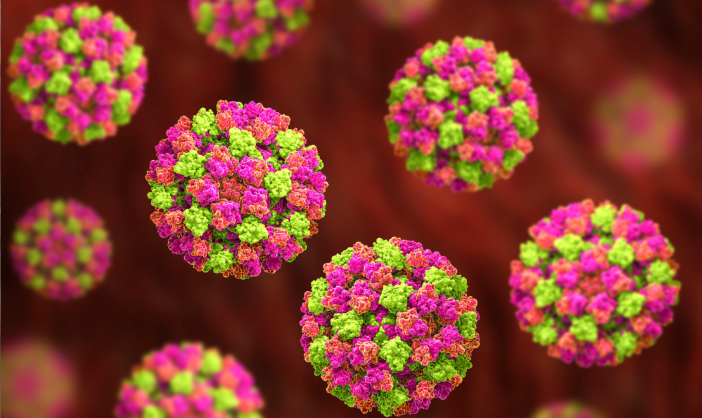
What is Norovirus?
According to the U.S. Centers for Disease Control & Prevention (CDC), norovirus is a highly contagious virus that causes vomiting and diarrhea. It is easily spread through direct contact with an infected person, consuming contaminated food or water, or touching contaminated surfaces and the virus can survive on those surfaces for days or weeks. Norovirus outbreaks are common and can affect people of all ages. Public health experts closely monitor norovirus infections, especially in high-risk settings such as schools and nursing homes.
Cleaning for Norovirus
People infected with norovirus should isolate until they have fully recovered. In a household with someone infected with norovirus, it's crucial to limit exposure by not sharing personal items and, if possible, using a separate bathroom. Proper cleaning and hand hygiene are essential to prevent the spread of the virus.
Hand Hygiene: Frequently wash your hands for a full 20 seconds with soap and water.
Surface Cleaning and Disinfecting: Clean and disinfect frequently-touched surfaces. For disinfecting, use bleach or an EPA-registered disinfectant. Follow the instructions carefully, including allowing the surface to stay wet for the entire contact time indicated on the product label. Refer to List G for EPA-registered disinfectant products effective against norovirus. If you have additional questions about a product's specific effectiveness, reach out to the company that makes the product or check their website.
If a surface has been soiled with vomit or diarrhea, clean and disinfect the area as soon as possible. Use paper towels to clean up any mess, then put them in a plastic trash bag and dispose of it immediately.
Clean and disinfect toys, then rinse and dry them. Some plastic toys can be cleaned in the dishwasher and plush toys can often be put in the laundry.
Always store products used for cleaning and disinfecting up and out of reach of children.
Laundry: Wear gloves and avoid shaking laundry while handling it. Wash laundry on the hottest water setting and longest cycle length, then fully dry them. Wash your hands after handling laundry. Consider using a laundry sanitizer or bleach.
Dishes: Do not reuse dishes or utensils used by an infected person until they have been washed in the dishwasher or by hand (wearing gloves), then dried. Use the sanitize setting of your dishwasher if it has one.
Deep Cleaning After Norovirus
If someone in the home has been sick with norovirus, a deep cleaning can help avoid reinfection or further spreading of the illness. Clean and disinfect any surfaces that may contain norovirus. Disinfectants designed for soft surfaces and steam cleaning can help clean and disinfect fabrics that cannot be laundered. Throw out any food that may be contaminated with norovirus.